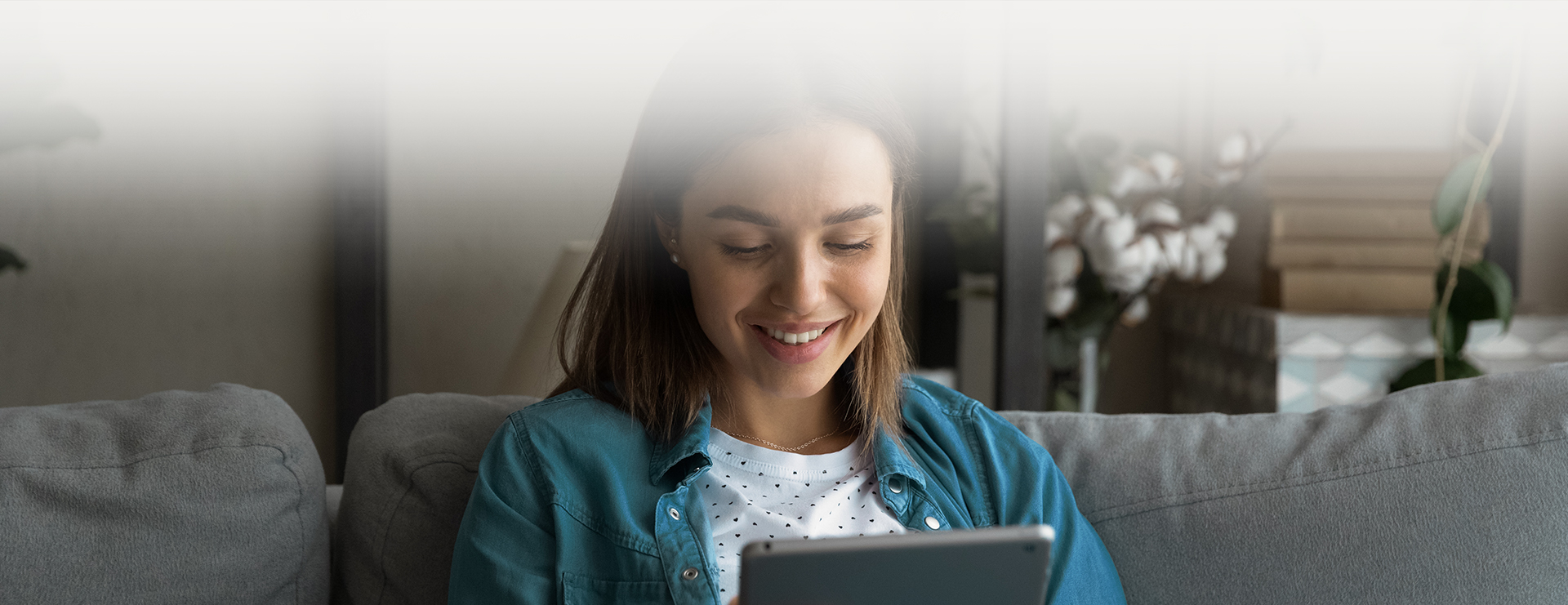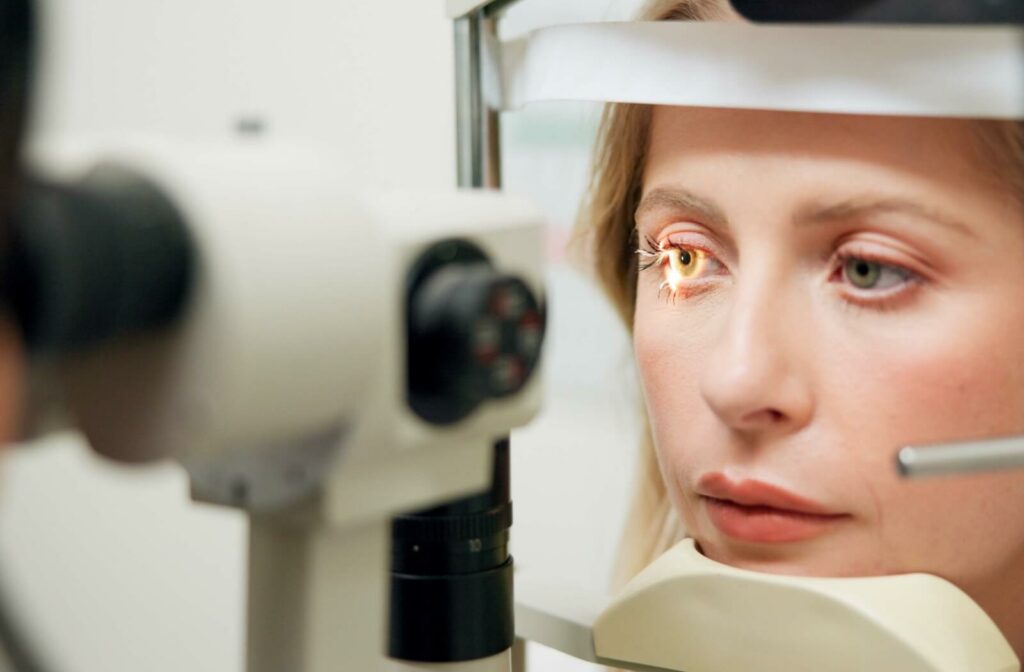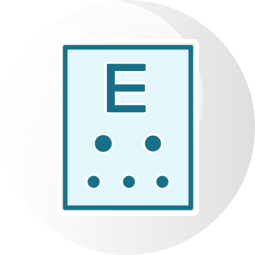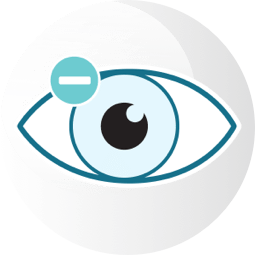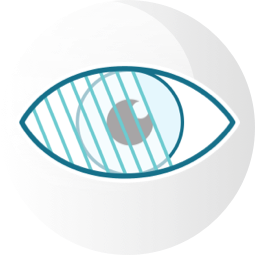Our eyes are essential to our overall health, so it’s important to keep them in check with regular eye exams. These exams are not just about spotting vision problems or eye diseases; they can also provide clues about other health issues.
For adults, it’s typically a good idea to have an eye exam every two years, or once a year if you’re over 65. Depending on your eye health, your eye doctor might suggest coming in more often. Children should generally have their first comprehensive eye exam at around 6 months of age, then again at age 3, then once more before starting school. After that, it’s recommended they have an eye exam every one to two years, depending on their eye health and any vision issues.
An eye exam usually takes about 20 to 60 minutes, though this can vary based on both your eye health and several other factors. Let’s take a look at what happens during an eye exam so you know what to expect.
Whether you need a comprehensive eye exam or specialized vision solutions, the dedicated team at McCauley Celin Eyecare Associates is here to help you see the world more clearly.
Understanding What Happens During an Eye Exam
Given the crucial role our eyes play in our overall well-being, it’s natural to want to know what an eye exam involves. Regular eye exams are key to ensuring your prescription is up to date. Exams typically last between 20 to 60 minutes, though they may, in uncommon cases, extend beyond an hour.
Visual Acuity
A visual acuity test assesses how well you can see letters or symbols from a distance, often using the Snellen or random E tests. The Snellen test involves reading letters of varying sizes arranged on a chart from 14 to 20 feet away. The random E test evaluates your ability to identify the direction the letter “E” faces: up, down, left, or right.
Peripheral Vision
This test evaluates the full range of your vision. You will look into a device called a perimeter, where lights will flicker as you focus on its center. You press a button each time you see a flash, and a computer records your responses. The results show any areas where flashes were missed, indicating potential blind spots. Early peripheral vision loss can be a sign of glaucoma.
Intraocular Pressure
A tonometer measures the pressure inside your eyes to check for signs of glaucoma, which can harm the optic nerve and lead to blindness. Gentle pressure is applied to the eye’s surface for this assessment.
Dilated Eye Exam
A dilated eye exam allows your eye doctor to examine the back of your eye more thoroughly, which is crucial for detecting various eye conditions and signs of other health issues like diabetes or brain tumors. Special eye drops are used to widen your pupils for this close examination. While the dilation may cause temporary difficulty, with near vision and increased light sensitivity for 4 to 6 hours, these effects will subside.
Regular eye exams, including dilated exams, are essential for maintaining eye health and catching potential issues early. Schedule these check-ups to keep your vision in top shape.
Preparing for Your Eye Exam
Planning ahead for your eye exam will make the process smoother and more time-efficient. Consider your family medical history, current eye health, and any recent symptoms or concerns you might have. Reflect on any recent health issues, injuries, or surgeries. It’s essential to bring your glasses or contacts, as you might need an updated prescription.
Carrying a list of your current medications can help your optometrist assess if these could impact your vision. Make sure you have your vision insurance details and prepare any questions or concerns you wish to discuss. If your exam includes dilation, arrange for a friend or family member to drive you home.
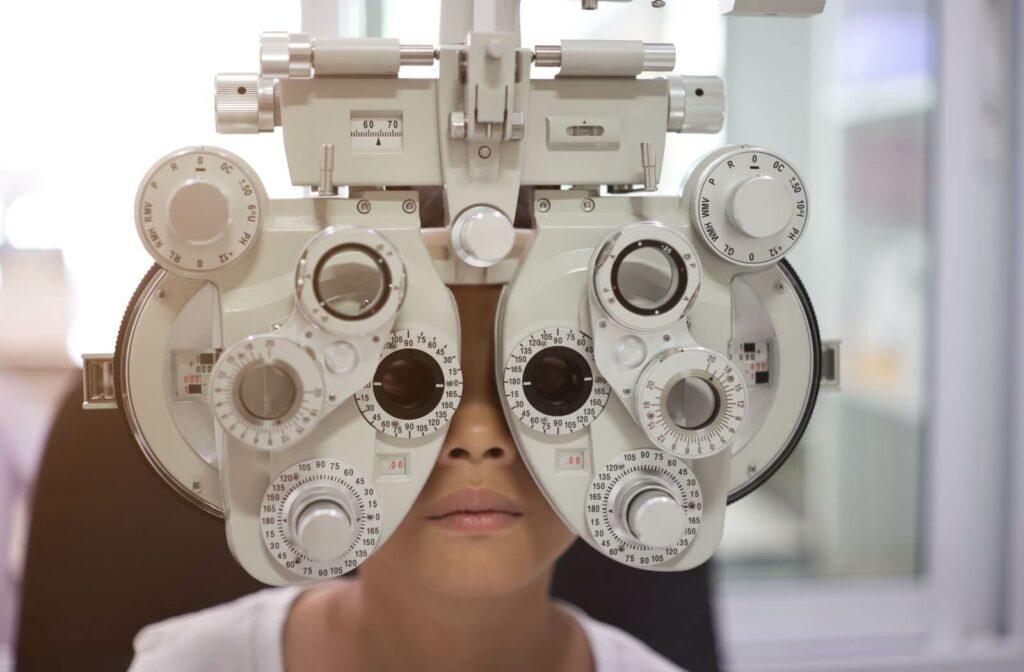
Preparing Your Child for an Eye Exam
Preparing your child for an eye exam can make sure of a smooth and stress-free experience. Here’s how you can help your little one feel comfortable and confident:
- Explain the Process Simply: Start by talking to your child about what to expect during the eye exam. Use simple language to describe the steps, like reading from a chart and looking at lights. Reassure them that the exam is painless and meant to help them see better.
- Answer Questions: Encourage your child to ask questions and express any fears. Address their concerns with honesty and reassurance, helping them understand that the eye doctor is there to help.
- Bring Comfort Items: Allow your child to bring a favorite toy, book, or blanket to the appointment. This familiar item can provide comfort and distraction in an unfamiliar setting.
- Stay Positive: Maintain a positive attitude about the appointment. Children often take cues from their parents, so showing confidence and calmness can help ease their nerves.
- Reward Efforts: Consider planning a small reward after the appointment, like a trip to the park or a favorite treat. This can give your child something to look forward to, and may help them associate positive feelings with the experience.
Setting Time Aside for Your Eyes
Investing time in a comprehensive eye exam is a crucial step towards maintaining healthy vision and catching any potential issues early. By dedicating at least an hour, you ensure that your eye doctor has ample opportunity to assess and address your unique needs. Trust McCauley Celin Eyecare Associates for expert care and personalized attention. Book your appointment today and take a proactive step in safeguarding your eye health.

